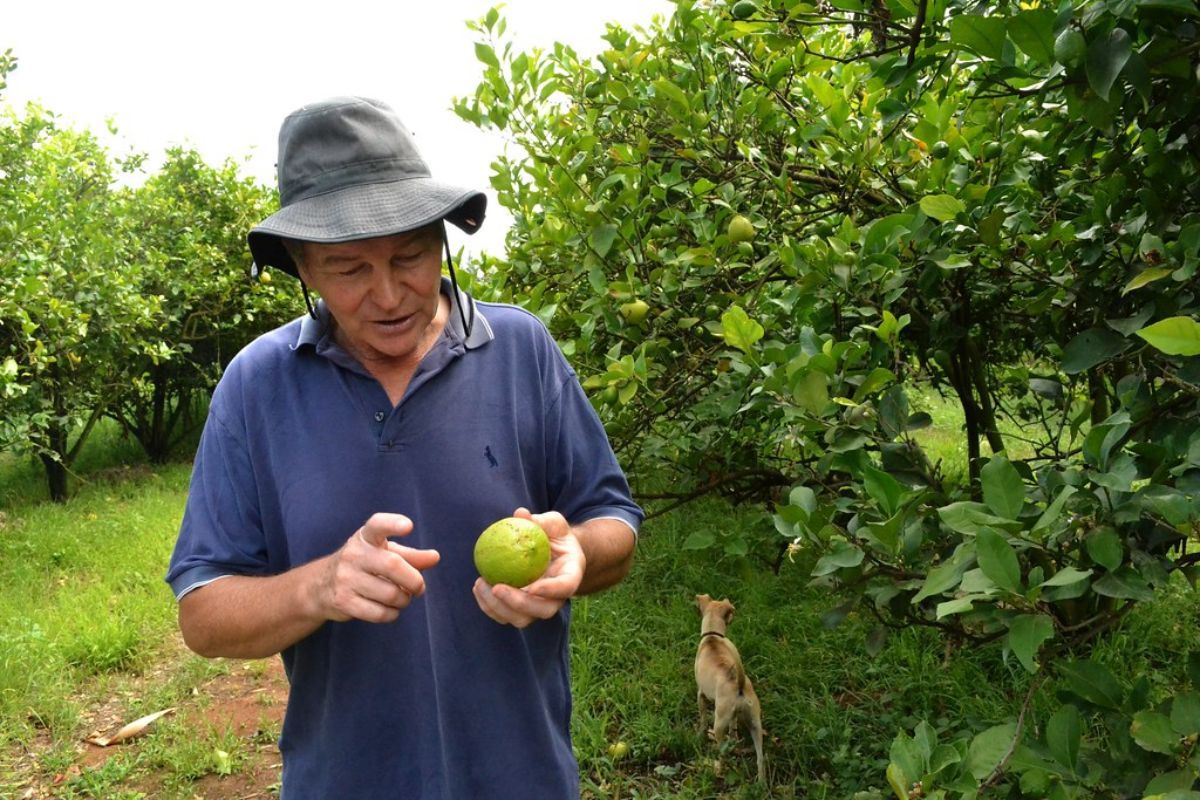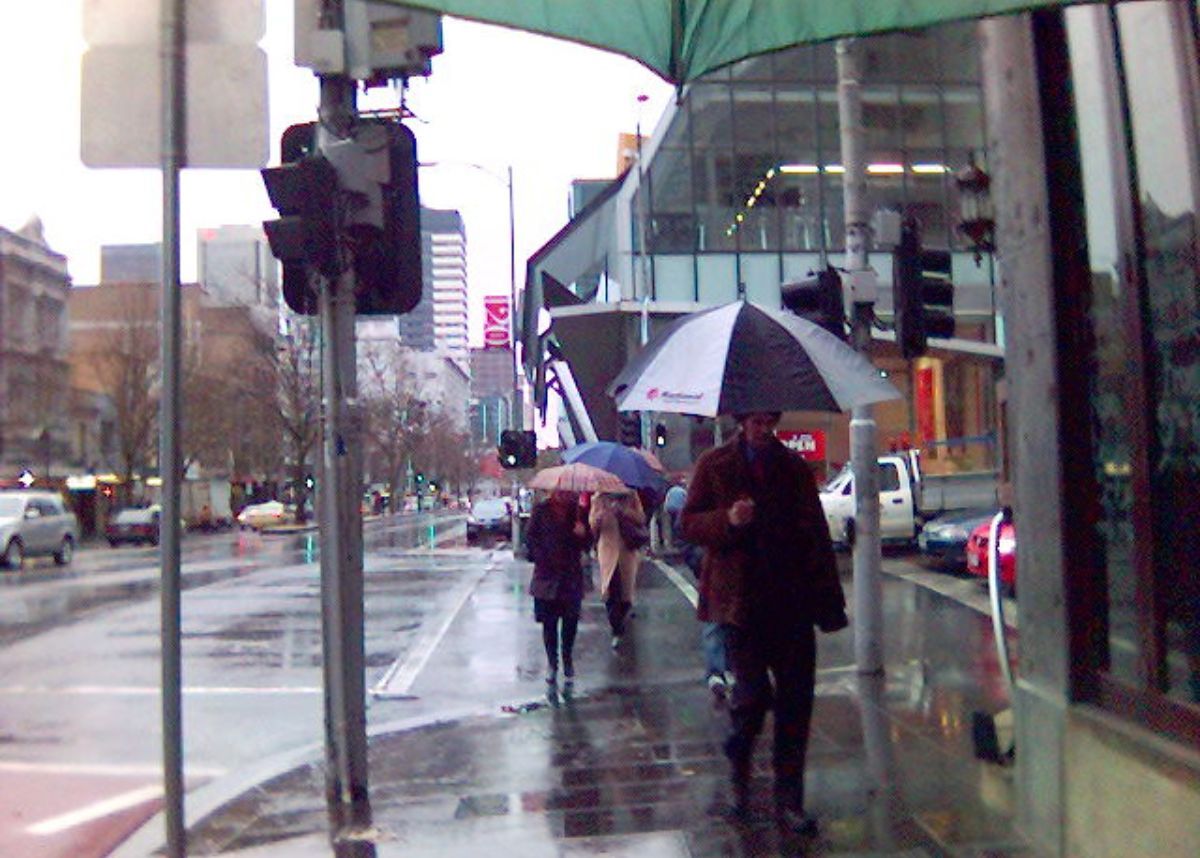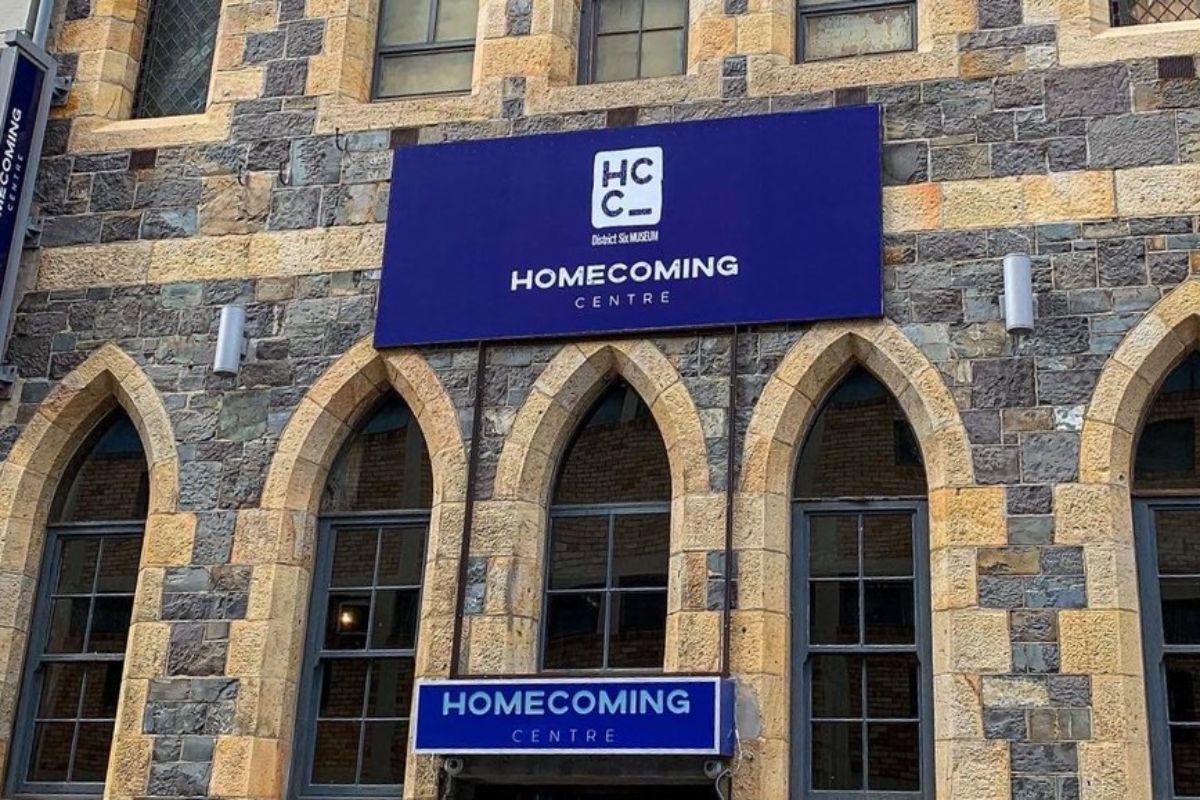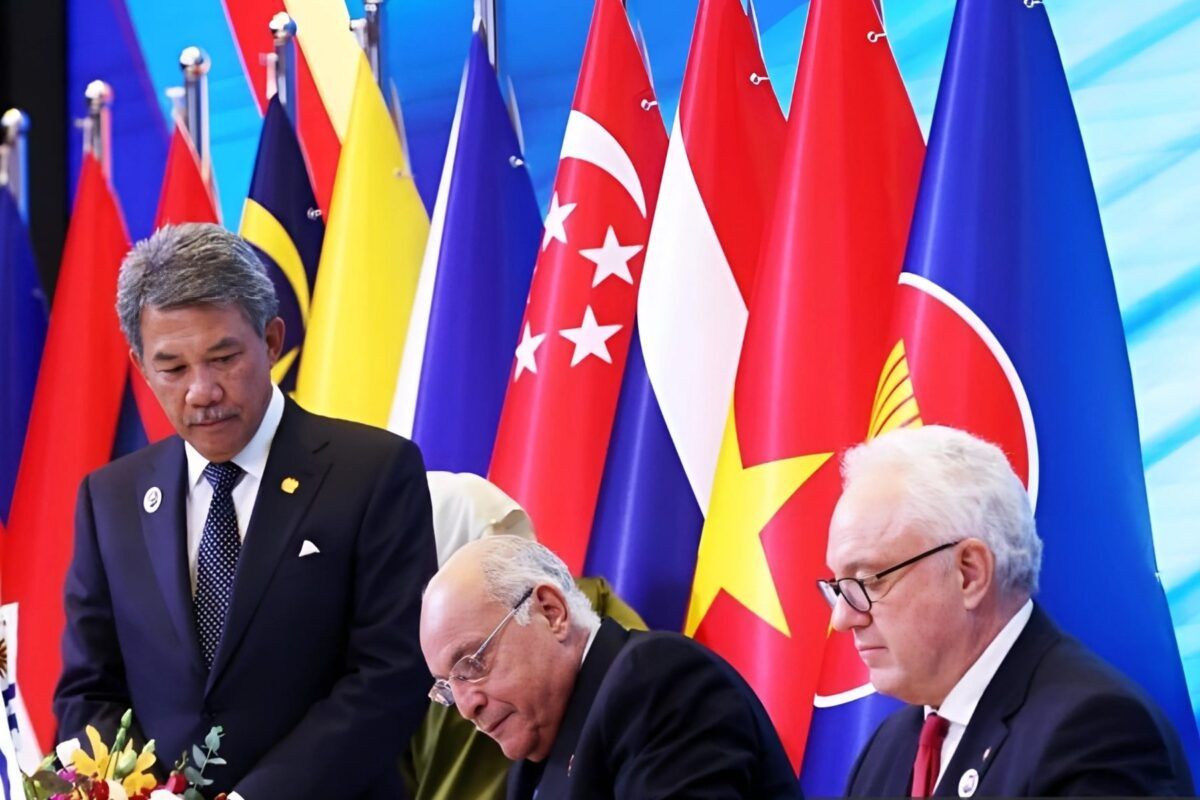
American president Donald Trump, who recently backed South African farmers, is now imposing tariffs that will affect their livelihoods.
Trump recently amplified (false) claims of persecution against white South Africans, and authorised a refugee resettlement program for Afrikaner farmers.
For those farmers that remain in South Africa, Trump now finds his trade policies on a collision course with their livelihoods.
A 30% tariff on key exports, including citrus, wine, sugar cane, and beef, will take effect on 1 August, ending the duty-free access South Africa enjoyed under the Africa Growth and Opportunities Act (AGOA).
Back in April, Trump instituted 30% tariffs on South Africa for all goods imported into America. After facing significant backlash, Trump hit pause on the tariffs for 90 days.
Critical US-SA trade talks, including a diplomatic visit by SA president Cyril Ramaphosa to the White House, yielded little progress.
Business as usual for Trump
On Monday this week, the US president confirmed that he would be subjecting imports from South Africa to the 30% tariff.
“It doesn’t make sense to us to welcome South African farmers in America and then the rest that stays behind, to punish them,” Krisjan Mouton, an established citrus farmer in Citrusdal, told Reuters.
“It’s going to have a huge impact…it’s not profitable to export anymore to the USA.”
South Africa is the world’s second-largest citrus exporter after Spain. The industry earns around $100 million annually from the US market.
Though the US accounts for only 6% of total citrus exports from SA, many farms are built around meeting America’s specific size and phytosanitary standards.
It makes finding new markets a logistical nightmare, while increasing shipments to other countries may cause an oversupply.
Industry leaders have also argued that SA citrus has never competedwith US production, but has rather complemented it.
“South African citrus growers do not threaten US citrus growers or US jobs,” said Citrus Growers Association (CGA) chairperson Gerrit van der Merwe.
“In fact, our produce sustains interest and demand for citrus when local US citrus is out of season, eventually benefitting US growers when we hand over consumers at the end of our season.”
Major fallout expected in citrus sector
The new 30% tariff will now remove South Africa’s favoured trade status, making South African citrus uncompetitive compared to fruit from South America and Australia.
While three-quarters of South Africa’s freehold land is white-owned, they will not be the only casualties. Thousands of farmworkers and fruit packers could be laid off too.
“A 30% tariff would wreak havoc on allcommunities that have, for decades, focused on producing specifically for the US market,” said CGA chief executive Boitshoko Ntshabele.
In Citrusdal alone, the CGA estimates that up to 35 000 jobs are on the line.
How will growers survive these tariffs?
Let us know by leaving a comment below, or send a WhatsApp to 060 011 021 1.
Subscribe to The South African website’s newsletters and follow us on WhatsApp, Facebook, X and Bluesky for the latest news.













